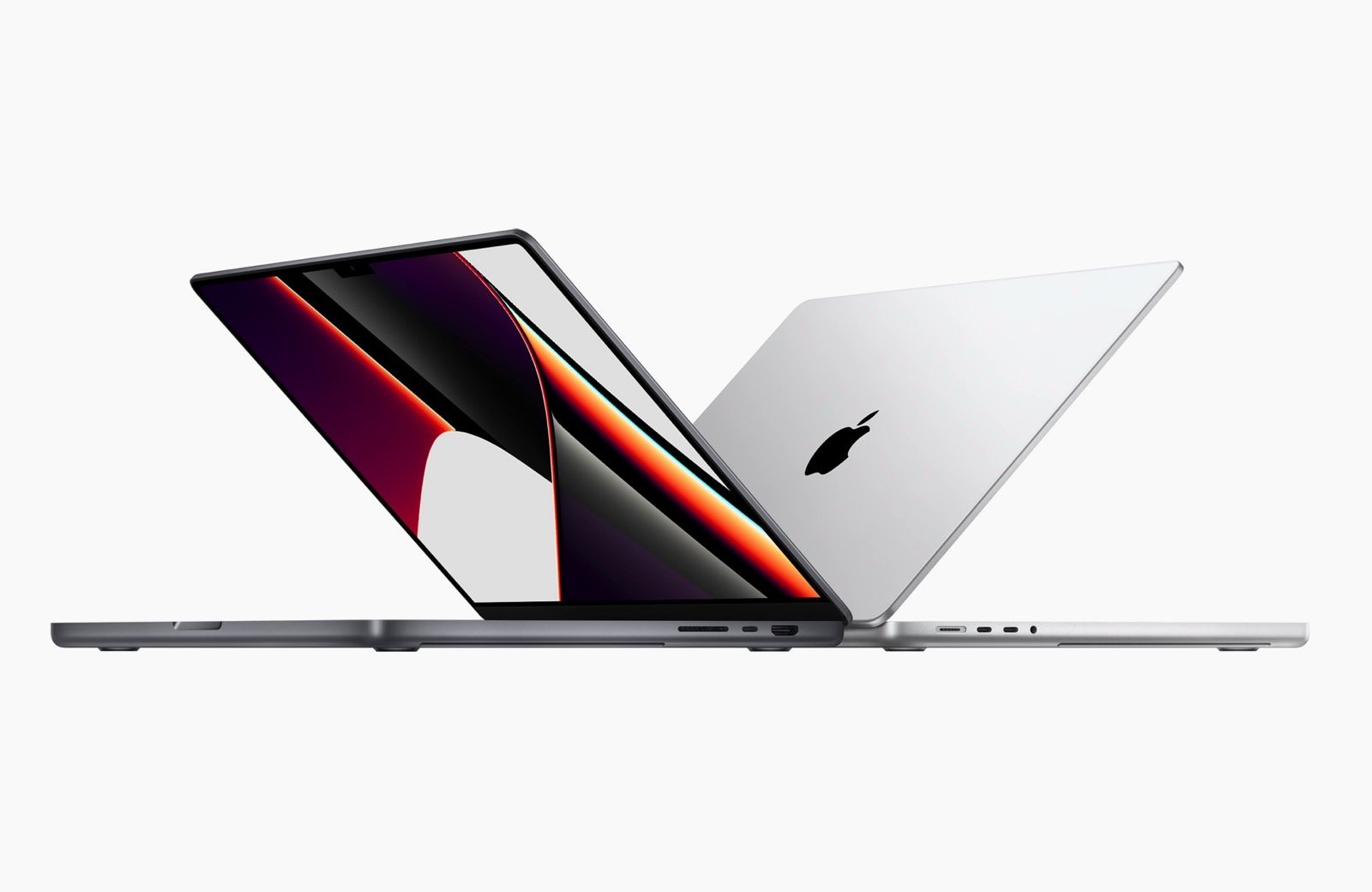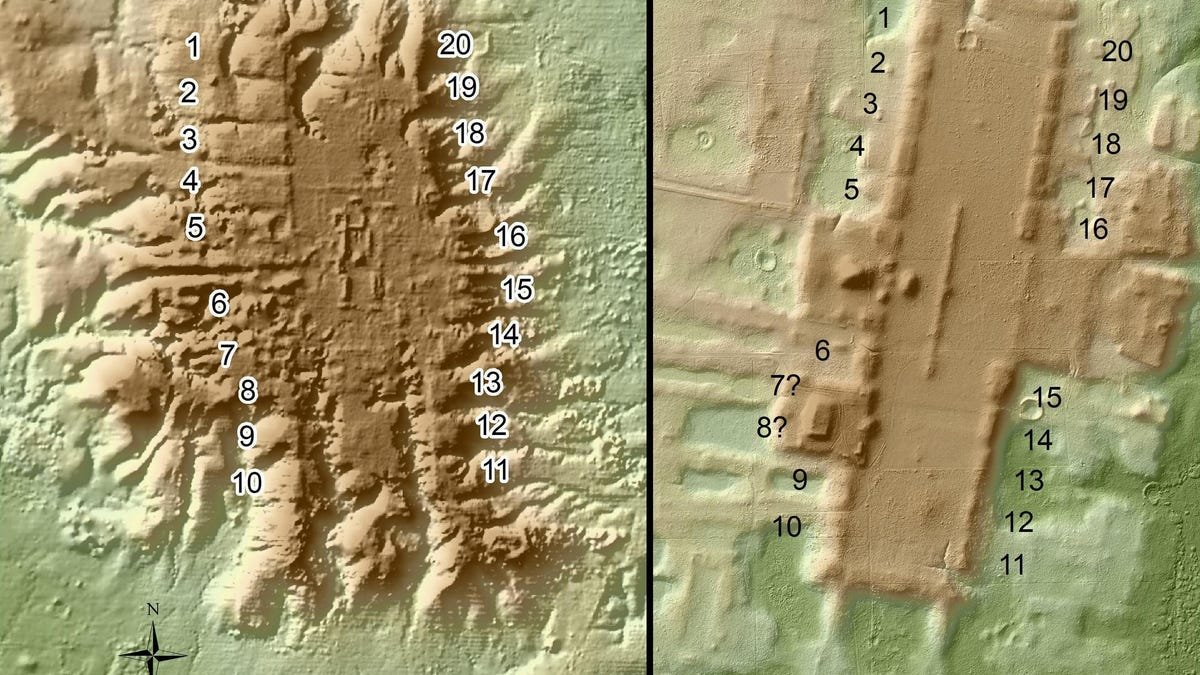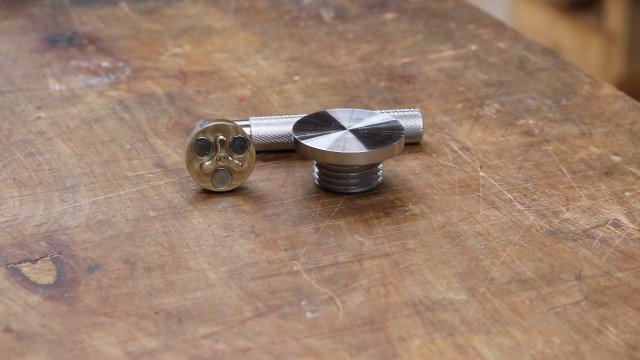Fuchsia OS Google has been developed since 2016. For a long time, it has a mystery atmosphere around it and no one really knows how this OS will come out. However, it was in December last year when Google made a public operating system, we heard a kind of official information about this OS.
Suddenly now, Google has announced that the built-from-scratch operating system will power the first generation hub. The software update being launched will now replace Linux-based CAST OS which turned on the hub of the nest released first in 2018 with Fuchsia OS.
Google has stated that blessings are flutter, while users will not realize the difference because all the features of the nest hub will remain the same, the operating system that gives power on smart home devices will be updated.
Google Fuchsia release date, news and rumors
Google Nest Hub (2nd Generation) Reviews
In terms of availability, because the launch occurs gradually, it may need months to run all the hub nest devices on the same platform. Google is reported, prioritizing updates for users who enroll in the preview program. This will give Google enough time to test the operating system as a whole, before going for a wider launch.
Is that Google Fuchsia OS?
As mentioned above, Fuchsia OS is built from the initial operating system. That, unlike Android that runs on the Linux kernel, runs on Google Microkernel called Zircon.
At first it was built as a trial and even though Google continued to refine strictly about it for a long time, Google made an open source operating system and invited developers to contribute to the project to build a new and safe operating system that was not built. on Linux.
Google has also announced that Fuchsia will not replace Android, however, can support all Android applications. The company reportedly tested the operating system on various products that included Chromebooks and other smart home products.
With it said, Google still holds a card tightly when it comes to Fuchsia OS. The initial launch on a three-year-old smart display without changing the user interface shows that the company wants to play safely when it comes to public launches.
And while Google denied, because the operating system has been designed to run on several devices such as laptops and smartphones regardless of smart devices and the fact that it can run the original Android application, there is a probability that Fuchsia might power on all Google devices in the future. But, we have to wait.



